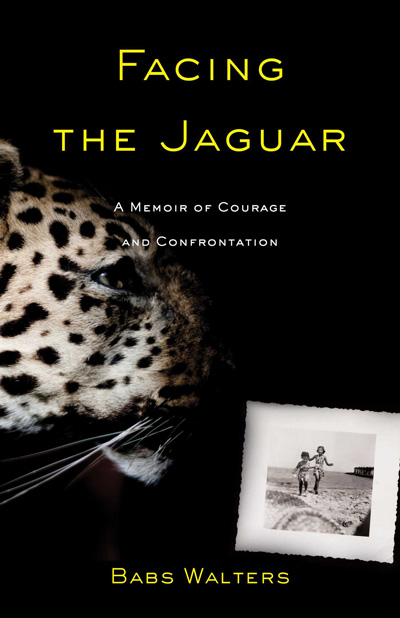
Estimated reading time: 5 minutes
Leaving an abusive relationship is not a single decision. It’s a thousand small acts of courage and a radical act of self-love.
—
I didn’t just leave a marriage. I left a version of myself I no longer recognized.
For twenty-four years, I tried to hold together a relationship that was eroding my spirit one day at a time. On the outside, we looked functional. But behind closed doors, I was shrinking. I didn’t know how to name what was happening to me at the time. I just knew I felt smaller, lonelier, and more invisible with each passing year.
When I finally walked away, I wasn’t chasing freedom. I was trying to remember who I was.
If you’ve ever found yourself wondering, How did I get here? or How do I even begin to leave? Know this: You are not alone. And you’re not broken.
Leaving a toxic relationship, especially one that spans years or decades, is not a single decision. It’s a thousand small acts of courage. It’s reclaiming your voice, your truth, and your right to exist as someone who matters. Because you do. Even if you have trouble believing it right now.
Call It What It Is
For a long time, I told myself that because he didn’t hit me, it wasn’t abuse. But abuse doesn’t always leave marks that can be seen. It can come in cold silences, passive-aggressive behavior, sarcasm that cuts, control masked as concern.
I used to have the same recurring dream: a police officer would come to my door and tell me my husband had been killed in a robbery. In the dream, I felt relieved. And then I felt ashamed. Did someone have to die for me to feel free? That dream was my subconscious screaming for escape.
My healing began when I called the behavior what it was. Abuse. And that name helped me begin to reclaim the self-worth I had lost.
Therapy became my lifeline. I began journaling the things I couldn’t say out loud. Reading my own words on paper made something clear: I wasn’t imagining this. I wasn’t being dramatic. I was hurting. And that mattered.
Stop Minimizing Your Pain
In toxic dynamics, we often make ourselves small to survive. We stop asking for what we need. We rationalize, justify, blame ourselves.
I told myself I should try harder. Be a better wife. Make fewer waves. But pain that gets buried doesn’t go away. It festers. And it steals your light.
Healing begins when you take your own pain seriously. You are allowed to prioritize your safety. Your peace. Your future. That isn’t selfish. It’s called survival.
Find Someone Who Sees You
Toxic relationships thrive in isolation.
One of the most powerful choices I made was to stop keeping the truth to myself. I let a trusted friend in. She listened without judgment. She had walked this road before and stood beside me when I couldn’t stand on my own.
You don’t need an army. Just one person who believes you can be the beginning of your new life.
That support can also come from a therapist, counselor, sibling, or support group. Reaching out can feel terrifying. But letting someone in can help you feel less alone. And more capable than you imagined.
Make a Plan That Protects You
You don’t have to leave tomorrow. But give yourself permission. Let the idea play out in your mind. With that thought, you can start preparing today.
Make copies of important documents. Store essentials in a safe place. Speak with a domestic violence hotline or a legal advocate; many offer free consultations and confidential planning.
Things may escalate when you begin to detach. This too is not your fault. It’s why a safety plan matters. Know where you’ll go. Decide when. And make sure someone else knows.
Even beginning to plan can shift your energy. It sends a message to your spirit: I matter. I am getting ready. I am strong.
Reclaiming Your Worth
Leaving may feel like giving up. It’s not. It’s choosing yourself.
If you’re in a relationship that silences you, controls you, or makes you afraid to speak, it’s okay to want more. And it’s okay to walk away to find it.
You are not too late. You are not too damaged. And you don’t have to do it alone.
You are worthy of a life where your voice is heard, your heart and body are safe, and your soul is free.
Remember that planning to leave is not a betrayal. It’s a profound act of self-love. Wherever you are on your journey, your safety and dignity are worth protecting.
Resource Guide: Support for Leaving a Toxic Relationship
If you’re in danger or feel unsafe, your safety comes first. You are not alone. Help is available.
🚨 In an Emergency:
Call 911 or your local emergency services immediately if you are in imminent danger.
National Domestic Violence Hotline
📞 1-800-799-SAFE (7233)
🖥️ thehotline.org
Free, confidential, 24/7 support via call, chat, or text. They can help you create a safety plan and connect you with local resources.
RAINN (Rape, Abuse & Incest National Network)
📞 1-800-656-HOPE (4673)
🖥️ rainn.org
Support for survivors of sexual abuse or assault. Offers chat-based help and referrals to local counseling.
Legal + Financial Support
WomensLaw.org
🖥️ womenslaw.org
State-specific legal information for survivors, including protective orders, custody, and divorce
You may also enjoy reading Breaking the Cycle: Healing from Complex Trauma, by Laurie B. Timms.
